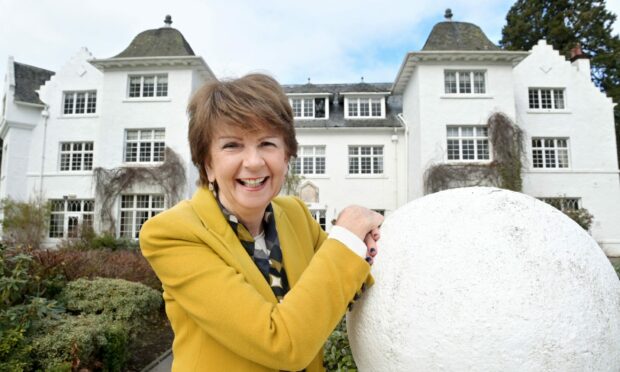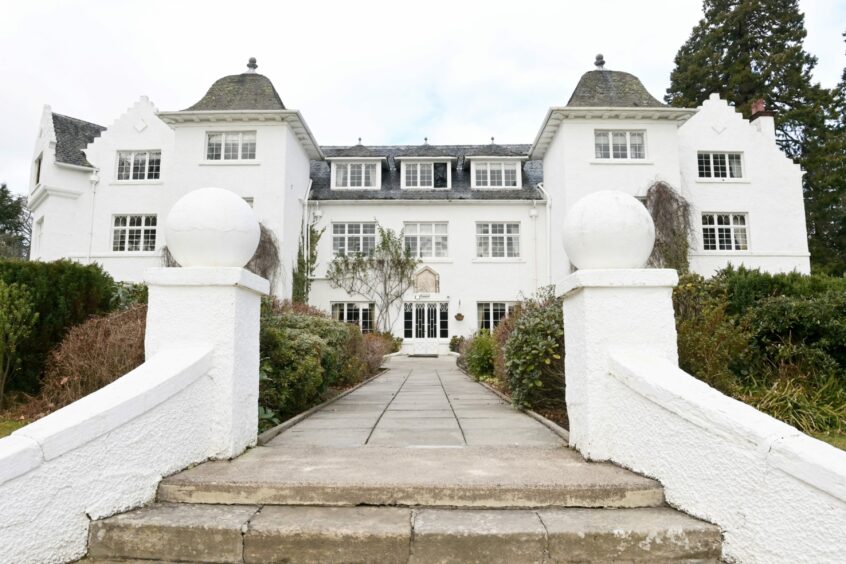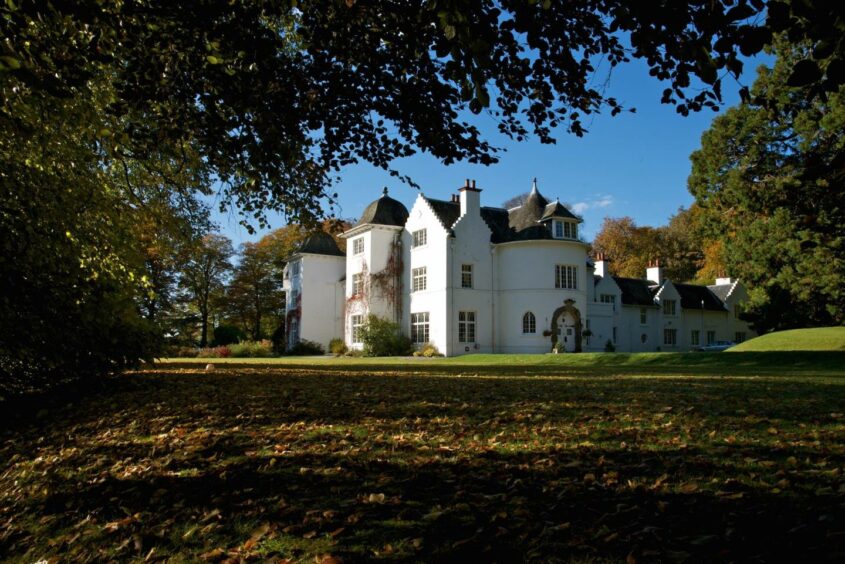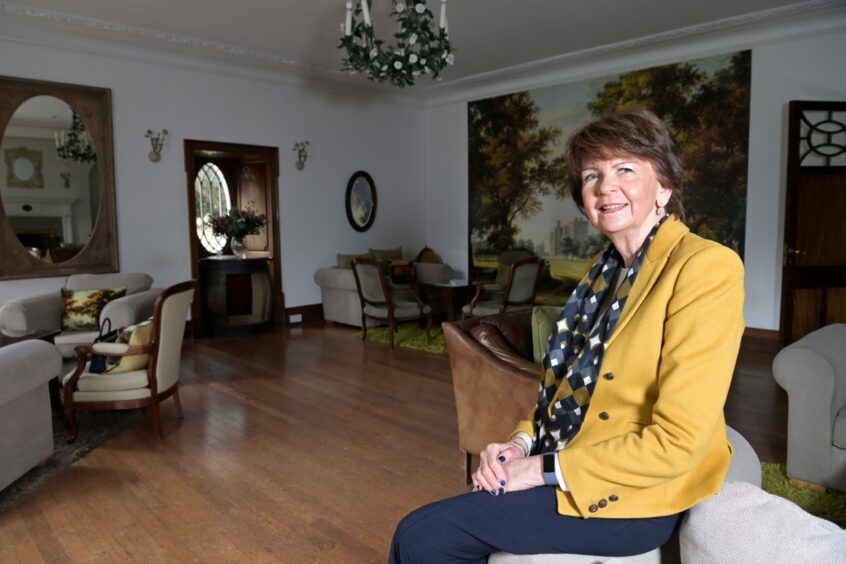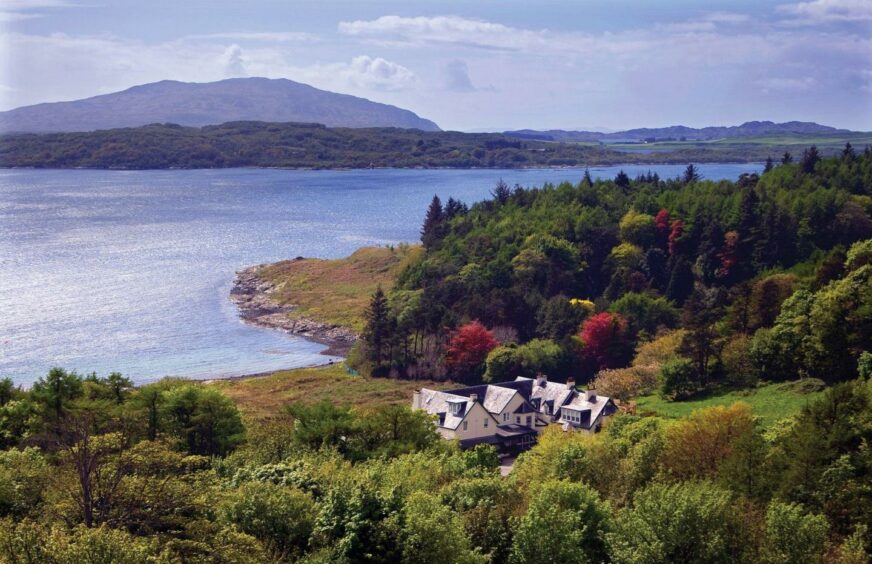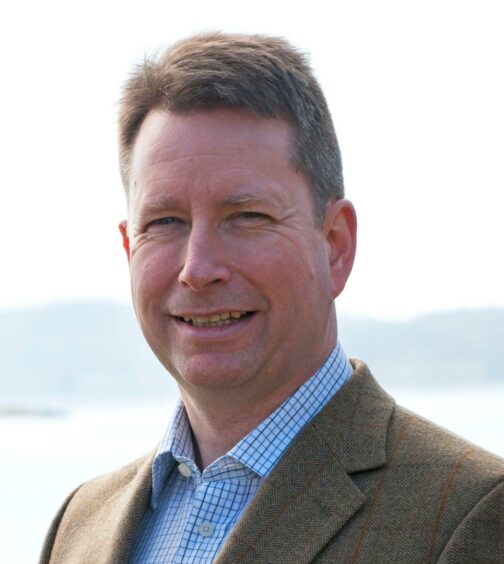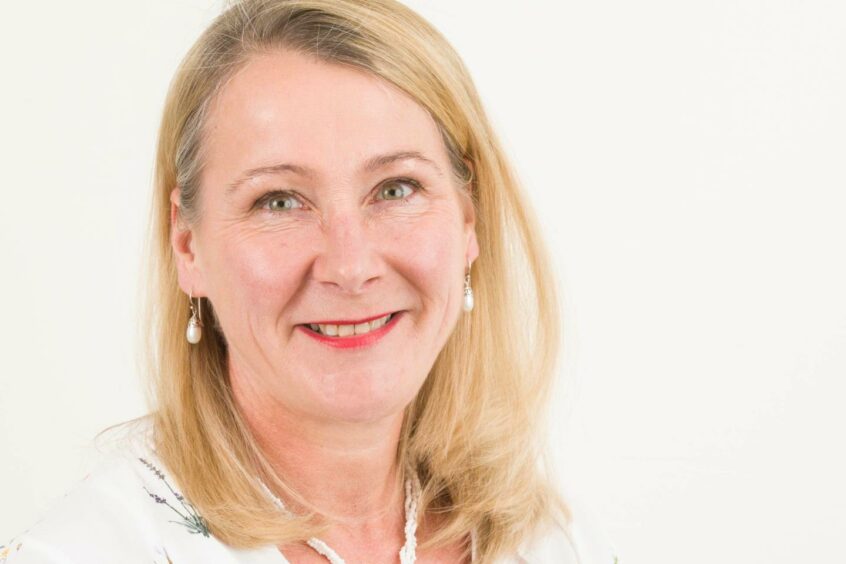Hotels across the Highlands are being urged to put their staff first in a bid to help the sector get back on track and ride the “perfect storm”.
The pandemic and Brexit have had a profound impact on hotels and restaurants across Scotland, but have been felt particularly in remote areas.
The call is for tourism and hospitality businesses to overcome the persistent staff recruitment crisis by bringing in measures such as paying staff well, offering flexibility with working hours, mentoring and training, and focusing on mental health as well as taking a long-term approach to sustainability.
It comes after the Scottish Tourism Alliance (STA) published figures warning one in three tourism and hospitality businesses are likely to fail this year.
Recruitment crisis in industry
Marina Huggett, chair of Achnagairn Estate, has led a significant change in the day-to-day operation of the historic manor house near Inverness as it faced managing both forced closures due to Covid and a staff shortage.
A restructuring meant staff numbers at the estate, which operates at an exclusive-use venue, have been reduced with numbers now at 29 compared to 62 pre-Covid.
The restaurant is no longer open, with catering for guests being carried out by local businesses instead.
Ms Huggett said: “I think what we’ve been able to do as a result of the pandemic and staff shortages is encourage multi-tasking and get people to do more than one job.
“Our house-keeping staff also do breakfast, and bar shifts in the evening.
“They get more hours and variety and if they enjoy their jobs more and get paid a decent rate of pay and added staff benefits they are much more likely to stay with you.
“We haven’t lost the momentum. We’ve kept the business locally because it’s gone to the catering industry.”
The 68-bedroom venue, based in Kirkhill, relies on largely on word of mouth to recruit staff from nearby areas including Beauly and Muir of Ord.
Ms Huggett, who has worked at the estate for 12 years, said: “I just think it’s so important with the way the recruitment crisis is within hospitality that we do everything in our power to make it an attractive and appealing career for people.
It’s a people industry. We are never going to be replaced by robots.”
Marina Huggett, chair of Achnagairn Estate
“Hospitality is often undervalued as a career but as a business we’ve always really tried to care for our people because they are our most important assets.
“It’s a people industry. We are never going to be replaced by robots.”
Retaining staff is priority
Calum Ross, who has owned the Loch Melfort Hotel for 14 years, describes the past two years as the “most difficult” he’s ever experienced.
Based on 17 acres of the Arduaine estate near Oban, the hotel and its management have taken measures to retain their staff, including closing for two months over Christmas and New Year as a thank-you to employees for their hard work.
Everyone received full pay during this time.
Mr Ross said: “The business incurred some fairly significant losses by not opening up for Christmas and New Year and generating the sales from pre-Covid.
“But everyone was looked after financially.”
The hotel currently has 25 members of staff but the number reaches 40 for the busy holiday season.
He said: “We are paying above the voluntary living wage and created the discretionary service charge scheme within the business which has been a revelation for staff.
“They are earning over £2 an hour more than their basic rate in terms of tips from customers.
“But that’s absolutely appropriate if they are providing a great service for customers.
“Looking after staff is our number one priority.”
Brexit causing staffing issues
Rural businesses have always faced greater difficulties attracting staff than their urban counterparts, but the situation has worsened.
He said: “We consider ourselves fortunate to have a full team that allowed us to open when I know many other businesses struggled.
“A remote rural location always struggles at any time to recruit versus a city centre property with a vibrant night life for young people to go and enjoy.
“We have live-in accommodation for 20 of our 40 staff in the summer which is essential because affordable housing is a big issue across the country.
“Staffing without question was more difficult post-Brexit and indeed post-Covid because in the world of hospitality in particular, more than a few people decided they didn’t want to return.
“The last two years have been the most difficult for recruitment that we’ve ever experienced but all the more reason to invest more time and energy.”
Green credentials
Green Tourism, the Edinburgh-based sustainability accreditation and support programme, has launched a campaign – Care to Make a Difference – to support the hospitality industry to recover from challenges from the pandemic as well as spiralling energy and supply costs and staff shortages.
The organisation was established in 1997 as a partnership between tourism quango VisitScotland and Green Business UK to help members reduce their environmental impact while also increasing marketing potential to environmentally conscious consumers.
The focus of the campaign is about staff, but the initiative also focuses on reducing environmental impact.
Speaking about Achnagairn, Ms Huggett said: “We’ve got an old building and it’s not easy to manage the resources of heating and lighting.
“But we are all very conscious in raising the awareness of the importance of conservation of heat and light.
“We’ve got solar panels set up in the walled garden to supply supplement power.
“Covid has impacted on what we can do and there’s a cost to everything but we are looking at putting in electric charging points for vehicles.
“It’s on our masterplan which also includes eco-pods in our walled garden.
“Everything that we do is all revolving round sustainability and being environmentally friendly.”
Facing unprecedented challenges
Hospitality businesses in Scotland have been encouraged to ‘care to make a difference’ by improving pay and terms for staff.
Green Tourism, a sustainability accreditation and support programme, has launched the campaign, backed by the Scottish Tourism Alliance, (STA), Living Wage Scotland, Loch Melfort Hotel and the Achnagairn Estate.
Andrea Nicholas, the managing director of Green Tourism, said: “Our tourism and hospitality sectors – which are vital parts of the wider economy – have endured two years of unprecedented challenges.
“They have had to contend with staff shortages and low employee retention, disrupted supply chains, spiralling energy costs, Covid-19 and Brexit.
“These issues have all come together to create a perfect storm for the tourism and hospitality sectors in Scotland, and across the UK.
“We need to take real action now by putting people first.”
